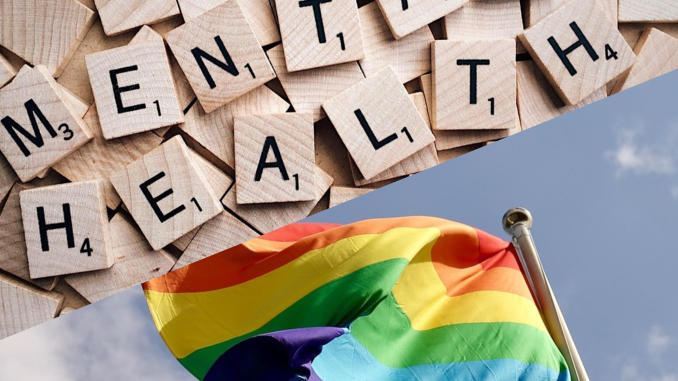
Introduction
Sydney is a cultural melting pot of people from all races, religions, countries, and backgrounds. It has a reputation for being a place of acceptance and celebration of one’s identity, especially for the people of the queer community. One of the major events in Sydney is the Sydney Gay and Lesbian Mardi Gras which happens annually. The festival creates a safe space for queer-identifying people to celebrate their identity and community. Despite that, the mental health rates for queer students in Sydney are still higher than their counterparts. This news commentary will be looking into the queer community in Sydney, the mental health rates, and its causes.
Background/Causes
Mental health in students is a topic often discussed. With the pressure of school, family, finances, and having a social life, students often have too much on their plate, and some struggle to find equilibrium and end up drowning. Queer students, however, struggle with additional pressure and problems. The struggles of figuring out their identity, sexual orientation, and gender and learning to accept and embrace it can be overwhelming on its own, much less doing it parallel to all the other pressures that students face. Queer students are also more likely to be discriminated against, bullied, ostracized, face stigma, or even violence and abuse.
Target Audience & Publication
The ideal publication for this news commentary will be The Sydney Morning Herald (SMH) as it is the most-read news outlet in Sydney. Though the topic of this news talks about students, the average age group of the target audience for SMH is 48 though their reach ranges. This age group would be the typical age for parents who could have children who identify as queer.

Sources of information
- University of Sydney’s Queer Action Collective, Pride Network
- Online documents like ABS’ Mental Health Findings for LGBTQ+ Australians
- LGBTIQ+ Health Australia
Multimedia, Hyperlinks and Interactivity
Including multimedia like videos of explanations by experts or interviews with queer students, photos, or even infographics or charts to show the data statistics of mental health rates of queer students. Hyperlinks can also be included in studies and research regarding the causes, actions, and support pages as well as explanations and breakdowns of mental health issues. Having a simulated discussion page or audio chat for readers to listen to what could be a discussion between a queer student struggling, the voices they hear in their head, and what they are thinking gives an immersive, relatability to the readers and add an interactivity aspect to the piece. The piece could also end with an anonymous survey of public opinion or queer-identifying people who struggle with mental health issues.
Conclusion
Through the insight that this article would provide to the readers, this article aims to not only bring awareness and educate but also motivate and shed some light on the queer community and students, their struggles or even lighten the weight and pressure on the queer-identifying students.


Be the first to comment